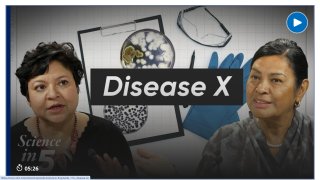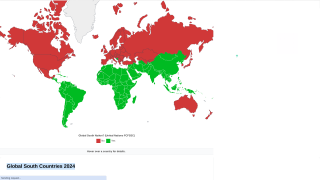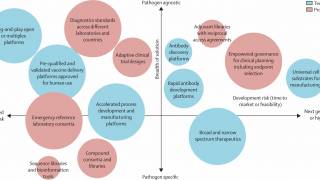$30 Million Brings Clinical Trials to Main Street

A Special Communication recently published by the JAMA Network stated that optimal healthcare delivery, both now and in the future, requires a continuous loop of knowledge generation, dissemination, and uptake on how best to provide care.
This perspective integrates determining what interventions work and how best to ensure they are provided to those who need them.
Most providers know that a randomized clinical trial (RCT) is the most rigorous instrument for determining what works in health care.
However, significant issues with the clinical trials enterprise and the lack of integration with healthcare delivery compromise medicine’s ability to best serve society.
Currently, healthcare delivery is a house divided, to the detriment of both and the detriment of society.
Repairing the division requires ethical and regulatory oversight changes, study design, data infrastructure, and incentive structures for stakeholders in both enterprises.
On June 3, 2024, these researchers wrote that solutions exist for Main Street providers to participate but have not been prioritized.
To address the opportunity, the National Institutes of Health (NIH) announced on June 6, 2024, that it is investing approximately $30 million between 2024 and 2025 to pilot a national primary care research network that integrates clinical research with community-based primary care.
The new initiative, Communities Advancing Research Equity for Health—or CARE for Health—seeks to improve access to RCT research to inform medical care, particularly for those in communities historically underrepresented in clinical research or underserved in health care.
NIH Director Monica M. Bertagnolli, M.D., laid out her vision for CARE for Health in a Science Editorial:
“Despite tremendous scientific progress, the health of important segments of the U.S. population is getting worse, not better,” said Dr. Bertagnolli.
“Health is dependent upon many factors. We recognize that environmental and societal factors are very important and that each community is unique.:
"Because of this, we must adapt our research to be more inclusive and more responsive to the needs of communities currently underserved in health research."
"Our vision for CARE for Health is to help primary care providers and their patients contribute to knowledge generation and to deliver evidence back to them to achieve better care.”
Participating clinical sites, such as pharmacies, can choose research studies based on health issues affecting and prioritizing their communities. Patients can contribute their data to research to generate results that are clinically meaningful to them.
Are you interested in receiving NIH program updates? Sign up for the NIH Common Fund’s CARE for Health email listserv to receive periodic updates on program planning and activities.
Our Trust Standards: Medical Advisory Committee







